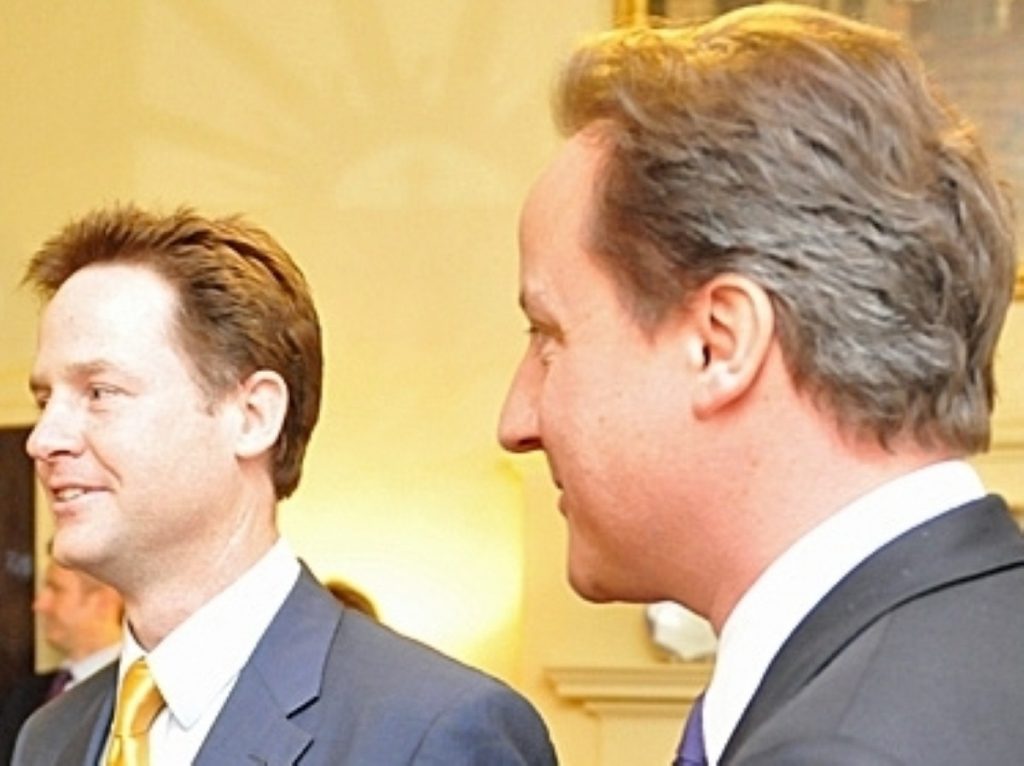Is the coalition’s constitution drive on the verge of stalling?
That's the view of one senior expert in the field, at least. Stuart Wilks-Heeg, the head of the independent Democratic Audit organisation who's based at the University of Liverpool, has a rather gloomy view of the coalition's prospects for shaking up the constitution.
Ministers' reform agenda is already "running into trouble", he says. "Clearly there was a high political risk to go so early with the AV referendum and make the assumption that success in the AV referendum would unlock everything else. The referendum's failure has resulted in a lot of scepticism that reform is achievable, especially in the Lords."
When New Labour came to power they didn't waste much time in getting on with their constitutional changes, most notably the scrapping of hereditary peers from the Lords. This reflects the need for new governments to get on with it. "After that," Wilks-Heeg tells me, "everything started to stall". This time round the broader impetus for reform in the wake of the expenses scandal, and the huge problem of public disengagement with politics, will help ministers keep the momentum up.
"The issues aren't going away. There is an awareness that some form of reform is required. Not least because apart from the decline in public confidence in the system, we've also seen long-term decline in election turnout, identification with political parties and so on."


The question is whether constitutional reform of any type really solves these problems. "There's a tendency to see electoral reform as a panacea, when it isn't, frankly."
Constitutional issues are all over the place at the moment. Parliament is doing its best to improve its performance – and the Hillsborough debate earlier this week is a good example of it getting positive coverage for genuinely-felt, non-partisan politics. Nick Clegg and his Tory sidekick Mark Harper are pushing through changes to the voting registration system, even as the boundary changes cloud continues to hang over MPs in Westminster. Then, of course, there's Lords reform.
Not all changes are for the better, according to the Open University's J David Morgan. Many are pushing for even more powers for select committees, but Morgan fears this could lead to an excessive separation of powers.
"One of the great dangers [of that] is to look longingly at the American congress, see the fantastic powers it appears to have, and say 'if only our select committees had the same powers'. Don't forget, these were the same committees that were able to hold up civil rights for decades."
The coalition seems broadly uninterested in parliamentary reform, with the Commons' business managers focused more on just getting the job done. But its bigger-picture changes – most notably reform of the upper House – appear distinctly vulnerable. The next few months could prove critical for the coalition's agenda. Its all-important initial push for change might already be starting to falter.









